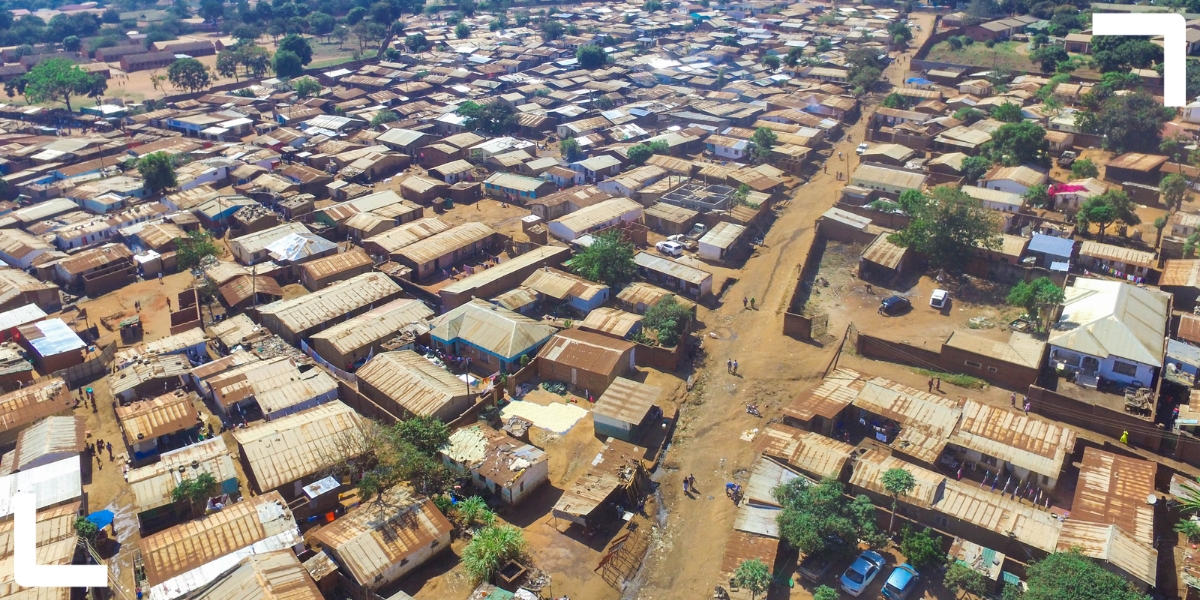Lilongwe is the capital of Malawi and its largest city, home to about 1 million residents – three quarters of whom live in informal settlements.
Like many other African cities, Lilongwe’s rapid growth has been accompanied by the accumulation of environmental problems in the absence of effective urban planning and management. This has rendered the city’s population highly vulnerable to epidemics and climate-related disasters.
Newly published ACRC research throws light on the political dynamics and city systems underpinning urban development in Lilongwe.
Authored by Donald Brown, Mtafu Manda and Tuntu Mwalyambwile, the ACRC report deepens understanding of Malawi and Lilongwe’s political and development landscape. The authors synthesise research findings from political settlements, city system and urban development domain analyses, to reveal linkages in the interrelated nature of challenges across the city.
Domain research in Lilongwe focused on housing, informal settlements, health, wellbeing and nutrition, and neighbourhood and district economic development.
The research draws on secondary and primary data sources, with primary data generated through structured and semi-structured interviews, in-depth key informant interviews, and focus group interviews with participants across areas of study.
Anchored on prevailing political settlements, the report provides a holistic analysis of Lilongwe’s development challenges. It offers insights into the city’s political landscape and directions for pursuing the most pressing urban reforms.
Key findings
- Highly competitive electoral system, with the winners rewarding supporters through patronage and clientelism.
- The political and executive branches of the Lilongwe City Council are locked into an antagonistic relationship that undermines Lilongwe’s urban development agenda.
- Lilongwe’s urban systems underperform, due to population pressures, political interference, overlapping mandates, the division of sectors into silos, and planning and governance inertia.
- Despite the establishment of grassroots structures for participation in local development activities, informal settlements have typically avoided the threat of eviction, yet have not received much (national or local) government support for urban development.
- Informal settlements are slowly self-organising for their own development.
- While Lilongwe City Council is well placed to coordinate policy and implementation in the city, it does not have any control over management of health and nutrition issues, which are absent from the current strategic plan.
- Reform coalitions are proactively emerging to support participatory informal settlement upgrading, but these require capacity building.
Findings from the city report reaffirm that Lilongwe City Council is among the most important development actors in the city, given its mandates in urban planning, land administration and aspects of public service delivery. The authors call for more commitment, accountability and resource allocation in order to streamline critical service delivery. They also propose collaborations between emerging urban reform actors and reform blockers; adopting hybrid service delivery arrangements; and exploring multiple influence routes to champion potential urban reforms in the city.
Header photo credit: CCODE Malawi. Aerial view over an informal settlement in Lilongwe, Malawi.
The African Cities blog is licensed under Creative Commons Attribution-NonCommercial-NoDerivatives 4.0 International (CC BY-NC-ND 4.0), which means you are welcome to repost this content as long as you provide full credit and a link to this original post.


